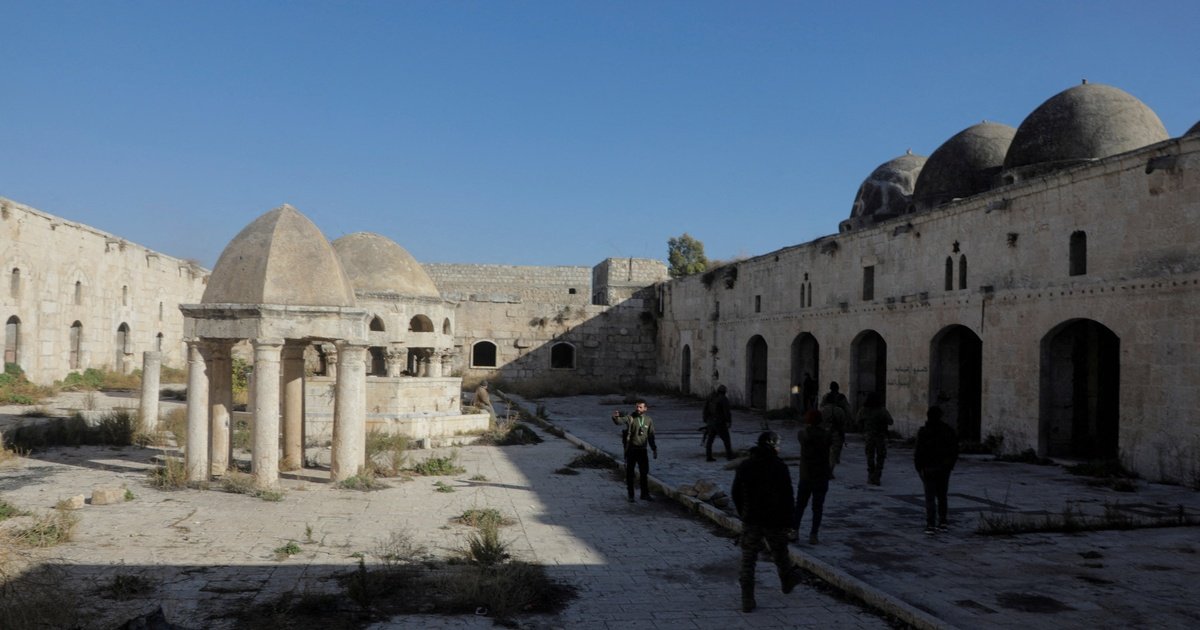Perhaps in their panic, they reveal their assessments and fears.
Much can be said about the viability and pros and cons of strikes on Iran's nuclear, oil, regime, and other targets. But the most interesting one perhaps would be the Basij.
It's one thing to kill the Ayatollah which ultimately will be replaced. Another thing entirely to destroy the main mechanism keeping a secular revolution at bay. Hitting the Basij will be as destructive to Iran as it is difficult for Israel.
While the main conventional targets in Iran are fairly centralized and easy to cripple with just a few hits - Basij is a paramilitary force dispersed across Iran to deal with unrest. Its manpower pool is huge, and making it temporarily ineffective would be incredibly complex.
Yet it shouldn't be ruled out that this is what Israel built capabilities for.
On the Hezbollah front, the IDF now publicly revealed that Hezbollah is keeping its finances as well as a former bunker of Nasrallah, under a hospital in Beirut's Dahiyah neighborhood (Hezbollah stronghold).
Instead of striking it, the IDF's spokesperson in Arabic Avichai Adraee provided extra details on how to enter the facility and reach the money. Approximately $500 million are located there.
Hezbollah pays its members in US dollars, raising the chances someone will take upon themselves the task to loot it.
Lebanon's population is far more sympathetic to Israel than the population of Gaza or J&S could ever be, so it's preferable that civilians get the area cleared so infrastructure remains intact. However in a general outlook on Dahiyeh, its status could be a dilemma for the IDF.
On one hand, its destruction could ensure Hezbollah's infrastructure is truly removed and Hezbollah has nowhere to return in Beirut.
On the other hand, the crisis in Lebanon may also manifest as a housing crisis and so maintaining Dahiyeh somewhat intact could further Israel in the aspect of hearts and minds, which is ultimately quite important for a "day after" strategy in Lebanon.



